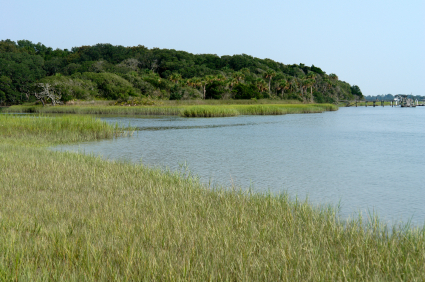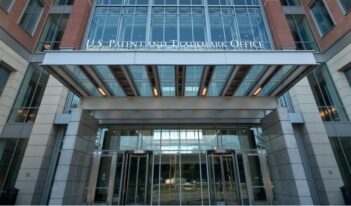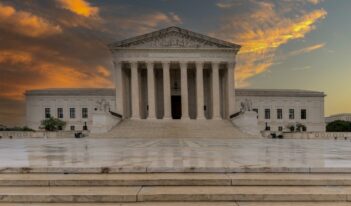
The Supreme Court hears arguments over acceptable conditions for development permits.
In an eagerly anticipated case for landowners and developers, an upcoming Supreme Court decision may impose new obstacles on government agencies seeking to deny land development permits.
In Koontz v. St. Johns River Water Management District, the Court will consider whether the conditions an agency imposes on these permits must be reasonably related to the justifications for permit denials. The Court will also determine if the Takings Clause of the Constitution prevents an agency from requiring a landowner seeking to develop his property to improve government land that is not threatened by the proposed development.
Coy A. Koontz, a landowner in Orange County, Florida, petitioned the St. Johns River Water Management District for a permit to develop three acres of his land into commercial property. For eleven years, the District denied Koontz’s applications, finding that the harm of destroying the three acres, found to be wetlands, was not sufficiently mitigated by Koontz’s proposal to preserve eleven acres elsewhere on his property. The District informed Koontz that he would only receive a permit if he modified his project to reduce the harm to the wetlands or bolstered his proposed mitigation efforts. More specifically, it recommended that he offset the development by improving fifty acres of government-owned property that was not adjacent to his land. Koontz never received a permit but instead filed a lawsuit against the District.
Although both the state trial and appellate courts found in favor of Koontz, the Florida Supreme Court reversed the decision, finding in favor of the St. Johns River Water Management District. Koontz appealed to the United States Supreme Court, and the Court agreed to hear the case as a constitutional question.
Koontz argued that imposing the condition to improve non-adjacent government land constituted a regulatory taking, requiring “just compensation” under the Takings Clause. In contrast, the District argued that because no permit was ever approved, Koontz did not give up a property right or spend money to comply with any condition. During oral arguments, Justice Antonin Scalia pointedly asked, “What has been taken?” Many of the other Justices also seemed to want clarification on why this case involved the Takings Clause at all.
The outcome of the case may depend on whether the Court applies two related tests from previous Takings Clause cases. In Nollan v. California Coastal Commission, the Court developed the “essential nexus” test, which requires the government to establish that the condition on a development permit would serve the same public purpose as a total ban on the proposed development. The Court later expanded the essential nexus test by requiring rough proportionality between the permit approval condition and the potential negative impact of the proposed development in Dolan v. City of Tigard.
While Koontz argued in favor of applying Nollan and Dolan, the St. Johns Water Management District countered that these cases should only apply if the condition would constitute a compensable taking if it were imposed outside of the permit process. Moreover, the District argued that applying Nollan and Dolan would require the government to bear the burden in defending its actions, suggesting that such a change could create a heavy burden regulators and potentially lead to more litigation over permit conditions.
The case has generated a significant amount of controversy, with a number of critics weighing in on both sides. On one hand, Professor Richard Epstein, traditionally a libertarian voice, questions why an agency should be allowed to force a landowner to mitigate environmental damage. On the other side, the Pacific Legal Foundation, a prominent public interest law firm focused on property issues, filed a petition in the Supreme Court in support of Koontz. Meanwhile, the National Governors Association, twenty state Attorney Generals, and the U.S. Solicitor General have all voiced their support for the District.
The Supreme Court heard oral arguments in Koontz v. St. Johns River Water Management District on January 15, 2013, and a decision is expected in the coming months.



